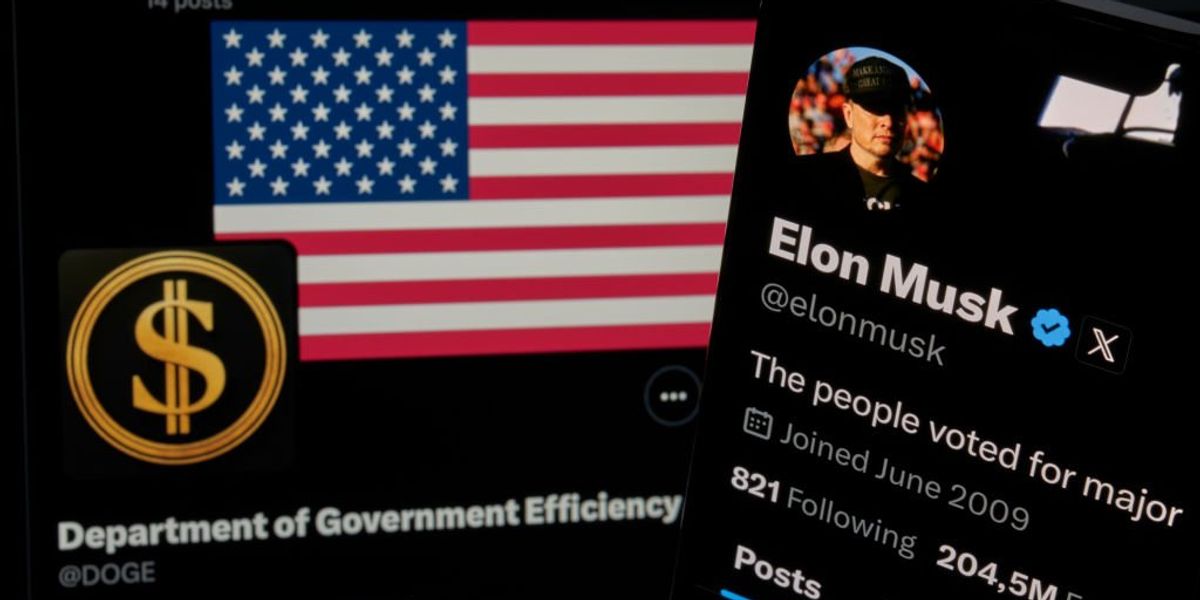We support our Publishers and Content Creators. You can view this story on their website by CLICKING HERE.

The incoming Trump administration’s Department of Government Efficiency, led by Elon Musk and Vivek Ramaswamy, aims to eliminate regulatory and spending waste in the federal government. That should be a plentiful task. This exciting initiative presents a real opportunity to assist 34 million small businesses right away.
Small businesses and other organizations, including some homeowners’ association boards, face new scrutiny from the Treasury Department’s Financial Crimes Enforcement Network. Under the Corporate Transparency Act’s Beneficial Ownership Information rule, FinCEN requires these groups to register sensitive personal information for all owners and business decision-makers by January 1. I have previously written about this mandate and its implications.
Given the tight time frame and appeal process, the DOGE and Trump can make an impact even before the inauguration and reap the first regulatory victory.
The idea is to combat cartel activity, money laundering, and terrorism — which is absurd. Why would anyone engaging in such activities voluntarily register with the government? And, given that big businesses are for some reason exempt from reporting, it’s clear the rule is just targeting and harassing small companies — millions of which do not even know about it.
If you do not comply, or if your information changes and you don’t update it with FinCEN, penalties range from jail time to fines of almost $600 per day!
Earlier this year, a court ruled the CTA BOI rule unconstitutional but limited the ruling’s scope to the plaintiffs, the National Small Business Association. A Texas judge last week expanded the impact by granting a nationwide injunction in a lawsuit filed by the Center for Individual Rights, the National Federation of Independent Business, and other groups.
Although this ruling is good news for many, the Treasury Department has appealed the ruling. If the injunction is stayed or narrowed, compliance requirements and associated fines could return with only weeks — days! — left before the January 1 deadline. This uncertainty is causing significant anxiety among small businesses that oppose the rule but fear they may need to scramble to comply if the courts reinstate the original deadline.
The DOGE should act now to bring this issue to President-elect Donald Trump’s attention. If the DOGE and Trump promptly announce that his administration will not enforce penalties for non-compliance, it would provide much-needed clarity to small businesses and an early public relations win. Ideally, they could go further by declaring the CTA BOI rule unconstitutional and pledging to eliminate it entirely. Purging the database of any previously collected information would offer additional reassurance to those affected.
Given the tight time frame and appeal process, this will allow the DOGE and Trump to make an impact even before the inauguration and create the first victory over regulatory excess and government waste. It will also provide much needed clarity and relief for tens of millions of small businesses that make up the backbone of our economy.
For anyone with questions on the CTA BOI rule or who wants updates, I am providing them, along with other information, in my free newsletters at https://www.CarolRoth.com/NEWS.

 Conservative
Conservative  Search
Search Trending
Trending Current News
Current News 







